How could I use log filenames as log names on google logging.
I have this on google-cloud-ops-agent/config.yaml
logging:
receivers:
nginx_access:
type: nginx_access
nginx_error:
type: nginx_error
nginx_access_files:
type: files
include_paths: [/var/log/nginx/*access*.log]
service:
pipelines:
nginx:
receivers:
- nginx_access
- nginx_error
- nginx_access_files
metrics:
receivers:
nginx:
type: nginx
stub_status_url: http://127.0.0.1:80/status
service:
pipelines:
nginx:
receivers:
- nginx
The problem is that all logs from folder /var/log/nginx/access.log shows up on google logging as one entity "nginx_access_files". The folder has hundreds of access logs with the site name on them. I would like to have that log filename as the log name on the logging console too.
This I have now on Google logging console:

And I would need to set up it so that the filename shows upon logging console. Like the default, Nginx error does on OPS agent. Or is there another way to route all access logs to google logging with the filenames?
